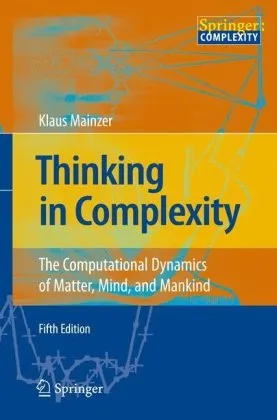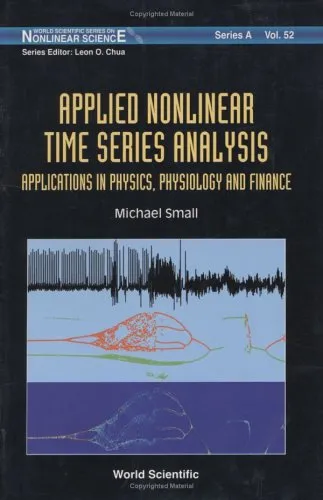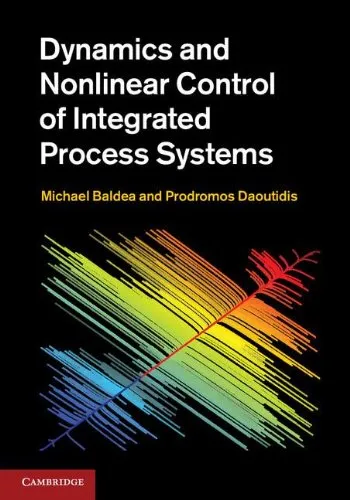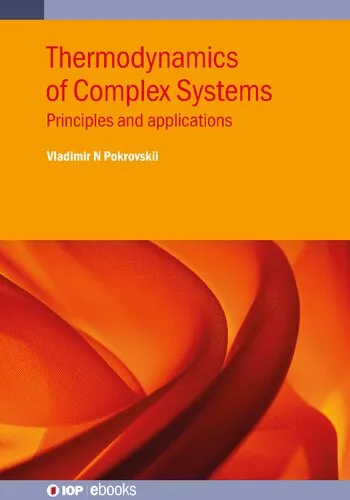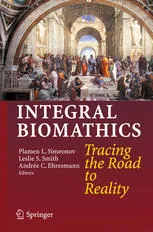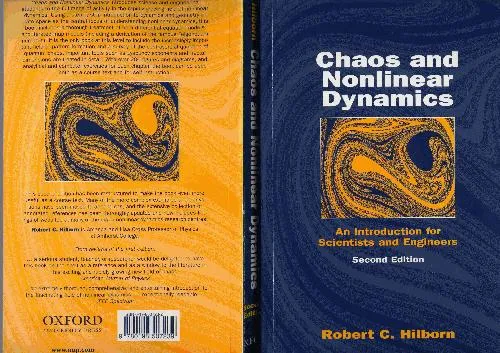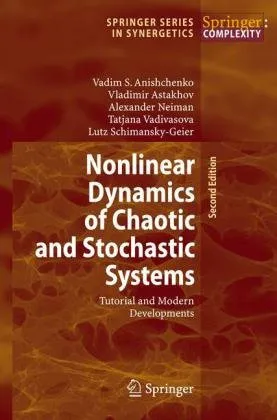Chaos Theory in the Social Sciences: Foundations and Applications
4.5
Reviews from our users

You Can Ask your questions from this book's AI after Login
Each download or ask from book AI costs 2 points. To earn more free points, please visit the Points Guide Page and complete some valuable actions.Related Refrences:
Welcome to the enlightening exploration of "Chaos Theory in the Social Sciences: Foundations and Applications." As editors L. Douglas Kiel and Euel W. Elliott illuminate the intersection where the unpredictability of chaos theory meets the intricacy of human behavior and social systems, this book crafts a compelling narrative that reshapes our understanding of social dynamics. This introduction sets the stage for a voyage into a domain where disorder underpins order, enabling us to decipher complex phenomena through a new lens.
Detailed Summary of the Book
Chaos Theory, traditionally a mathematical and physical concept, has far-reaching implications within the social sciences, and this book is a pioneering guide in demonstrating these applications. It challenges conventional paradigms by integrating concepts like sensitivity to initial conditions, nonlinearity, and fractals into the analysis of social phenomena. Kiel and Elliott bring together a collection of essays from esteemed contributors who explore how chaos theory can be employed to interpret unpredictable and seemingly random social occurrences.
The text traverses diverse disciplines, including psychology, economics, political science, and organizational behavior. It demonstrates the usefulness of chaos theory in explaining economic volatility, political instability, and even the dynamics within organizations. By revisiting traditional models and adopting a non-linear perspective, this compilation not only enriches theoretical frameworks but also offers practical tools for researchers and practitioners.
Key Takeaways
- Nonlinearity and Dynamism: Embracing chaos allows social scientists to consider systems as inherently dynamic and non-linear, where small changes can have outsized effects.
- Broader Perspective: Chaos theory challenges traditional deterministic models, introducing complexity and uncertainty as valuable to understanding social phenomena.
- Interdisciplinary Approach: Bridging sciences, the book advocates for interdisciplinary research, showing how tools from physics and mathematics can innovate social science methodologies.
- Practical Implications: Beyond theory, the text presents real-world applications, helping policymakers and organizational leaders leverage chaos theory for strategic planning.
Famous Quotes from the Book
"Chaos is inherent in all compounded things. Strive on with diligence."
"This is an age of complexity, and the chaotic trails guide the curious on a journey where simplicity and randomness converge into understanding."
Why This Book Matters
In a world marked by increasing complexity and uncertainty, "Chaos Theory in the Social Sciences" stands out as a crucial resource for those striving to grasp and respond to rapid changes and unpredictable dynamics within the social realm. This book is not just a theoretical exercise—it offers a transformative perspective that empowers academics, analysts, and decision-makers to embrace unpredictability as a core element of human systems.
By framing social phenomena within the context of chaos theory, Kiel and Elliott prompt a reevaluation of how systems operate, urging readers to move beyond reductionist approaches that fail to capture the intricate dance of order and disorder. The text serves as a clarion call for innovation, urging the adoption of chaos theories to forge resilient and adaptive strategies. Accordingly, it matters not only for its intellectual rigor but also for its application in crafting solutions to real-world problems.
Free Direct Download
You Can Download this book after Login
Accessing books through legal platforms and public libraries not only supports the rights of authors and publishers but also contributes to the sustainability of reading culture. Before downloading, please take a moment to consider these options.
Find this book on other platforms:
WorldCat helps you find books in libraries worldwide.
See ratings, reviews, and discussions on Goodreads.
Find and buy rare or used books on AbeBooks.
1283
بازدید4.5
امتیاز0
نظر98%
رضایتReviews:
4.5
Based on 0 users review
Questions & Answers
Ask questions about this book or help others by answering
No questions yet. Be the first to ask!


